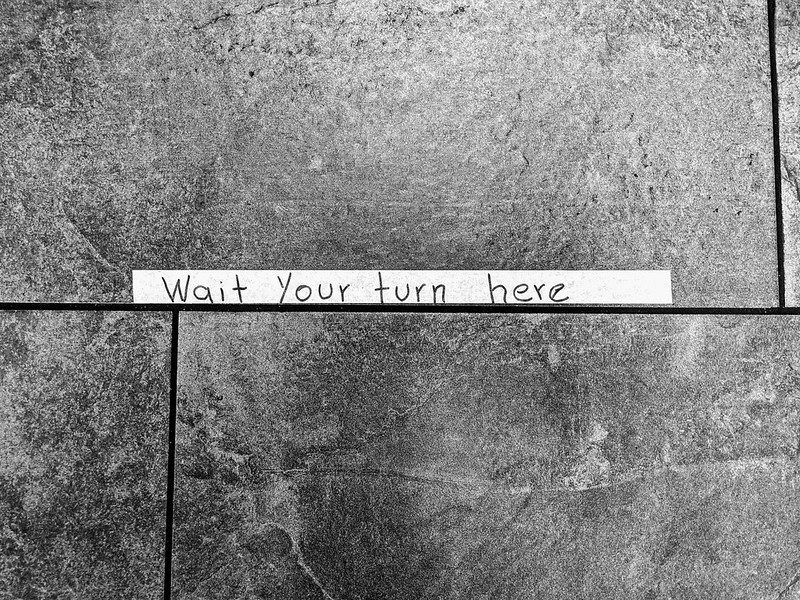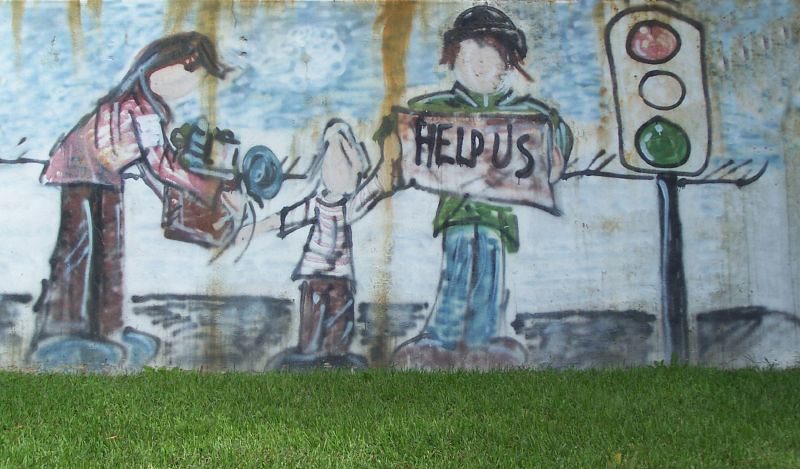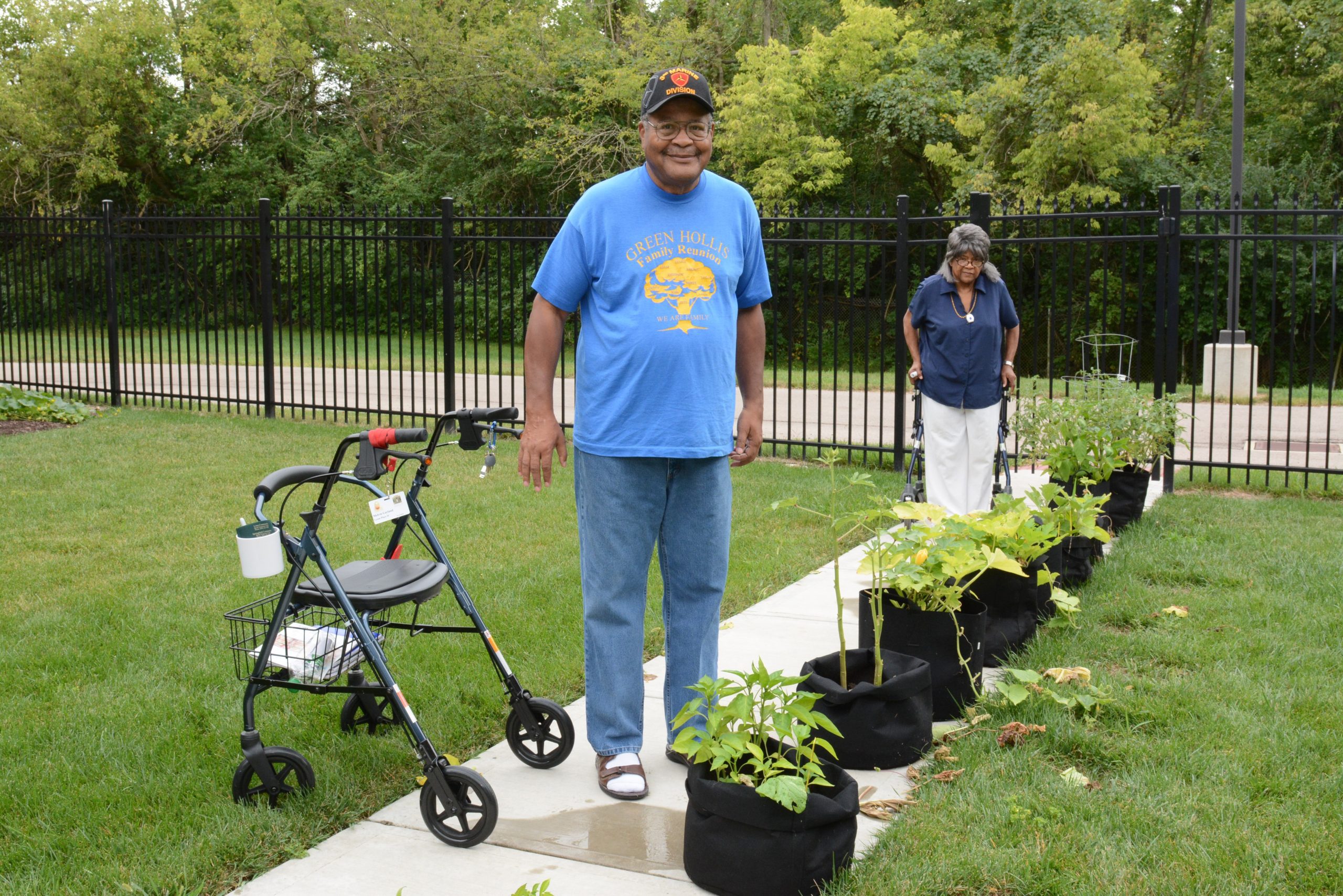
Photo by Travis Wise for Flickr, (CC BY 2.0)
As unemployment figures grow at an alarming rate, the need to safeguard housing for millions of vulnerable Americans must be a priority for Congress as it considers its next stimulus bill.
Many tenants struggled to make their rent payments on April 1, and while some may have been able to dip into their savings or still were employed in March, the most severe impacts of the economic shutdown on rent payments are likely yet to come. May rent collections will likely be down even further, and June could be worse still. The silver lining is that there is still time for elected officials to act and get rental assistance out the door now, before people become housing unstable or homeless.
Financial hardship causes unbearable stress for tenants having to decide between paying for housing, food, or medicine. Forgoing rent in turn creates uncertainty for property owners, who use that income to support their staffs, clean and maintain their buildings, and pay real estate taxes, which in many places fund essential services like police, firefighters, and yes, health care workers. The domino effect puts entire cities at further risk.
Many of the solutions to the emerging housing crises, both proposed and enacted, don’t actually go far enough to serve those in need.
Eviction moratoriums, enacted across the country, have been critical for enabling low-income residents to stay in their homes amid the pandemic. But this solution is temporary and once state governments lift these moratoriums, many families will be thrust into legal conflicts and eventually, homelessness.
Proposed rent freeze legislation would be beneficial for renters struggling to make ends meet but would transfer a sizable financial burden onto property owners and related organizations already experiencing a loss of income due to the severe economic downturn.
What’s needed is an emergency rental assistance program that would help defend both tenants and property owners against further financial difficulties as the pandemic continues.
Stimulus funding should be prioritized to stabilize the housing market by providing emergency rental assistance, with adequate resources allotted for state and local governments quickly and efficiently.
Emergency rental assistance provides rental support for tenants who need it most during uncertain economic times like these. Guaranteed rental income also allows property owners to maintain healthy and clean spaces for tenants, keep building workers employed, and pay their own bills.
The federal government can accomplish this by designating additional funding to the Department of Housing and Urban Development’s existing rental assistance programs, including the HOME Investment Partnerships Program, ESG (Emergency Solutions Grant Program) and CDBG (Community Development Block Grants).
The federal government has stepped up this way in the past. After the 9/11 attacks, the federal government saved many New Yorkers by allowing the Federal Emergency Management Agency (FEMA) to provide mortgage and rental assistance, as well as individual and family housing grants. FEMA’s Mortgage and Rental Assistance Program was a targeted approach that ensured resources went to those individuals impacted by the attacks. We need a similar, targeted approach today. Those who can still pay rent must continue to do so. Relief should flow to those who are most in need during this crisis.
[Related: What Prior Disasters Have Taught Housing Advocates About How to Respond to COVID-19]
It’s also crucial that tenants be able to pay rent with all lawful sources of income. Populations particularly vulnerable during the pandemic—including the elderly, persons living with disabilities, domestic violence survivors, and persons experiencing homelessness—frequently face discrimination when they try to pay rent with non-wage forms of income, like veterans or disability benefits, Section 8 vouchers, or child support. Such discrimination is illegal in New York and 17 other states; it’s more important than ever that these measures be strictly enforced. States and local governments can also set the tone by refusing to tolerate bias against tenants paying rent legally, and property owners must allow for these diverse forms of income.
Right now, people’s greatest concern should be the health and safety of their families, not how and whether they’ll be able to pay for housing. Without emergency rental assistance, the financial and health burdens communities suffer will grow even starker, as many residents risk losing their homes and housing providers risk losing their businesses. We implore Congress to protect and provide for the entire housing ecosystem, ensuring safe, healthy homes at a time when their need has never been clearer.
This piece was first published on the Morning Consult.






There is much about this proposal with which I agree. Any solution to the current housing crisis now exacerbated by COVID 19 needs to protect both tenant and landlord. But in my view it is time to raise the question of public housing with adequate funding to both build and maintain such housing. It seems clear to me that only providing rental assistance to those on very low income panders to the market forces that drive the cost of rent. What is needed as is done in many other economies is for government to the be the guarantor of housing for all citizens and where the marked fails to meet the needs of all citizens the government needs to be the provider. Let us begin the conversation by speaking about housing as a human right and then discuss the role of government in protecting basic human rights.
Hello
I have been searching everywhere for rental assistance for my family. I have heard of rental assistance of 12-15 months of rental assistance. I cannot find application anywhere. It is so hard and disappointing to go thru this. Is there any help to guide me thru this? Thank you for your time.
There is absoulty no help out there give been in my. Apt 21 plus yrs and at the end of month I am living in my car .were the reality in that Plz tell me
What’s worst is property owners want 3× the rent on ssi how is that possible I’m a senior living on SSI and I’m tired trying to survive
My son lives in Jacksonville FL, Clay County. He honorably discharged from the United States Navy. He lost his job in December due to the pandemic. He has yet to receive any stimulus checks or unemployment compensation. 8 years of service to the country and a little over a year discharged to become homeless. No return calls for assistance and the complex will not accept any partial payments. My son hasn’t had even a chance to start his life outside of the military. He feels hopeless. Prayers for everyone facing this horrible problem.